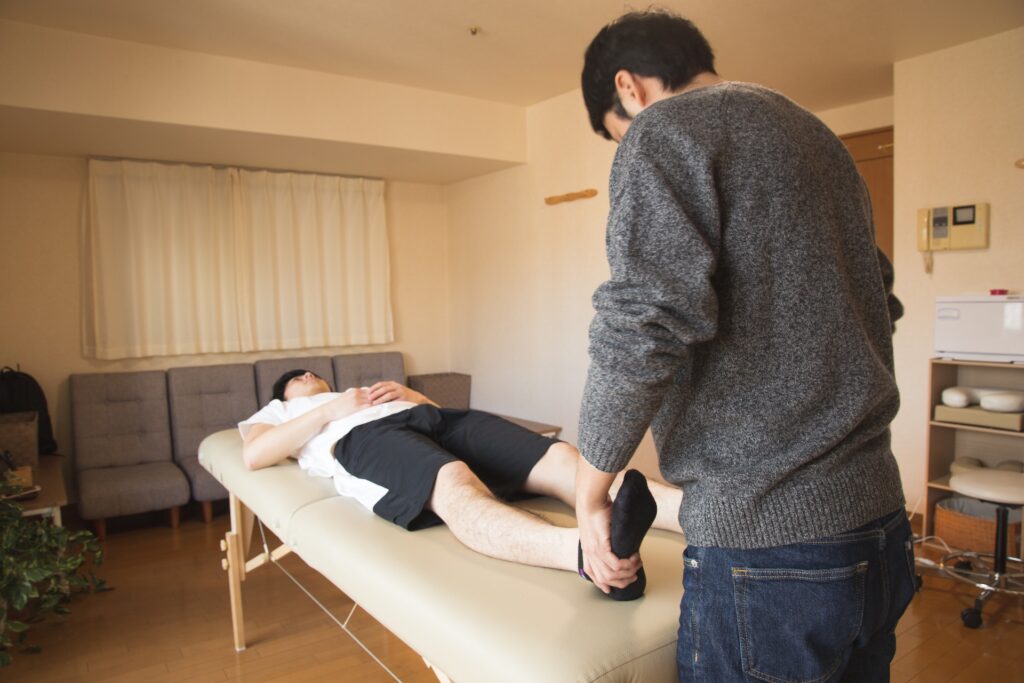You’ve probably seen it on Instagram—people climbing into tubs of ice water, plunging into frigid lakes, and icy pool sessions. What may seem like a social media trend is actually an age-old practice that can help you improve athletic performance, boost energy levels, and relieve pain and stress.
In addition to improving your cardiovascular health, regular cold water immersion can strengthen the muscles that keep your blood vessels open, Leary explains. This boosts circulation, which can reduce inflammation and ease pain.
Improves Blood Circulation
Whether you are using an ice bath, cold shower, or a cryotherapy tank, submerging in a freezing environment is a holistic approach to wellness. This practice promotes healthy blood flow, boosts the body’s immune system, relieves muscle soreness, and reduces inflammation. It also relaxes the nervous system and restores core temperature, all while stimulating the production of dopamine and boosting your metabolism.
Research shows that plunging in cold water increases your heart rate and blood pressure, but this doesn’t necessarily have to be bad news for your body. The heart and blood vessels need these changes to pump oxygen-rich blood throughout your body, delivering nutrients to cells and eliminating waste.
Another benefit of dipping in cold water is the effect it has on the lymphatic system, a network of vessels that helps your body fight disease and cleanse itself by moving cellular waste through your tissues, per the Cleveland Clinic. Switching back and forth between hot and cold water, called contrast water therapy, increases the pumping action as your blood vessels constrict and expand, delivering more oxygen to your tissues, according to this study.

Lowers Inflammation
Whether you’re sitting in an ice-cold bath or dipping your head under cold water, this technique activates the body’s immune system to reduce inflammation. This helps in muscle recovery, as it allows oxygen-rich blood to reach sore muscles and remove waste products such as lactic acid, according to Rochester Regional Health.
This process also stimulates the lymphatic system, which is a network of vessels that help the body cleanse itself by removing waste and microbes from the blood. If this system becomes sluggish, the body can become toxic and have difficulty fighting off diseases.
Wim Hof, the Dutch extreme athlete known as “The Iceman,” used this method to increase his endurance and bolster his immune system in preparation for his many athletic competitions and marathons. Since then, this technique has gained traction as more people discover its potential wellness benefits. Some yoga studios and mindset retreats even have icy water tanks on site to offer their participants an intense but rejuvenating cool-down.
Relieves Pain
Like blood, lymph fluid travels throughout the body collecting waste, bacteria, and microbes. However, unlike blood, lymph doesn’t have a central pump to push it through the vessels. Instead, the lymphatic system relies on muscle contractions to move fluid and flush toxins from the cells. Cold water therapy forces the lymph vessels to contract, triggering the lymphatic system to move the fluid and flush waste from the cells, according to Rochester Regional Health.
In addition to stimulating the lymphatic system, cold immersion also triggers shivering and causes the blood vessels to constrict (vasoconstriction). These effects stimulate the release of hormones including ACTH and norepinephrine, and catecholamines, compounds that activate the immune system and decrease pain perception, according to studies. Cold water immersion also reduces pain associated with autoimmune diseases such as rheumatoid arthritis, fibromyalgia, and ankylosing spondylitis, per research.

Reduces Stress
In addition to providing anti-inflammatory effects, cold water therapy reduces stress. It causes the body to release adrenaline and dopamine, which helps boost your mood and energy levels. It also activates your natural coping mechanisms, according to an article published in the journal Psychiatry Research.
Some athletes use ice baths and other forms of cold water therapy to aid recovery after intense workouts. Rochester Regional Health reports that hopping into a cold lake or tub allows oxygen-rich blood to return to muscles, which can help remove the lactic acid buildup that may cause delayed onset muscle soreness.
However, you should consult your doctor before attempting any cold water immersion therapy methods. It’s especially important for people with heart, blood pressure, and circulation issues. You should also avoid cold water immersion if you have nerve disorders like diabetic neuropathy, per the Mayo Clinic. Besides whole-body cryotherapy tanks, you can try cold immersion at a physical therapist or athletic facility, and by taking cold showers and baths.










































Discussion about this post